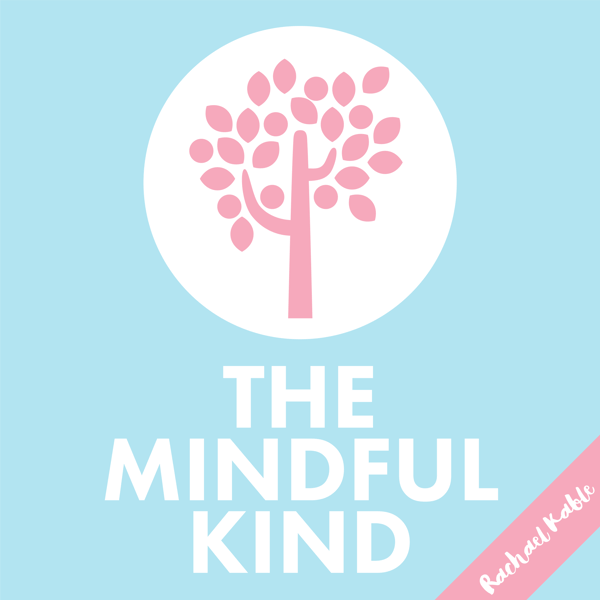264 // How to Train Your Brain to Worry Less
The Mindful Kind
Rachael Kable
4.6 • 636 Ratings
🗓️ 21 January 2021
⏱️ 11 minutes
🧾️ Download transcript
Summary
Hello and welcome to episode 264 of The Mindful Kind podcast.
In this episode, I'm really excited to share some simple steps to help you train your brain to worry less. As someone who is prone to excessive worrying and stress, I've found these steps to be effective - especially given some time and consistent practice.
Here are the steps:
1: Give yourself permission to let go of worries, rather than holding onto them
2: Practice becoming aware of unnecessary worrying (tip: learn about your worrying habits to make this easier!)
3: Implement mindfulness techniques to bring your mind back to the present moment. This step is key - over time, you can train your brain to let go of worries faster and return to the present moment more often.
I'm also thrilled to announce that my online course, Mindfulness Made Easy, will open for enrolment (for a limited time) on January 24th, 2021. Head to www.rachaelkable.com/podcast/264 to find out more and join the waitlist so you won't miss out!
Thank you so much for listening and I hope you have a wonderful week, Mindful Kind.
Transcript
Click on a timestamp to play from that location
| 0:00.0 | Hello and welcome to the Mindful Kind podcast. I'm your host, Rachel Cable, author of the |
| 0:08.9 | Mindfulkind book, Mindfulness Teacher and blogger at Rachelcable.com. Each week this podcast will bring |
| 0:15.4 | meaningful tips, tools and strategies so you can manage stress and live more mindfully in the modern world. |
| 0:24.3 | Hello and welcome to episode 264 of the Mindful Kind podcast. |
| 0:29.7 | I hope you're going well and having a great day so far. |
| 0:33.2 | I've been thinking about creating this episode for a little while now, ever since I released |
| 0:38.1 | episode 257 of the Mindful Kind podcast called Worry Containment Strategies. |
| 0:44.7 | I really loved making that episode and in it, I shared a few different ways to manage worry. |
| 0:51.1 | However, as someone who is prone to worrying a lot, I also want to talk about actually training |
| 0:56.7 | your brain to worry less in the first place, because it's great to know how to manage worry |
| 1:02.2 | when it occurs, but it can be even more beneficial to reduce the amount of time you spend |
| 1:07.6 | worrying altogether. First of all, I'd like to tell you a little story. A huge |
| 1:13.5 | part of the reason why I went to university to study psychology straight after high school was |
| 1:18.7 | because I was desperate to improve my own mental health. I was incredibly emotional and my |
| 1:24.9 | emotions just felt really scary and out of control. I was really |
| 1:29.2 | unkind towards myself and used a variety of unhelpful coping mechanisms and my worries and stress |
| 1:36.5 | and anxiety felt so pervasive and persistent and I just wanted some relief. I still remember what |
| 1:43.5 | it felt like to be lying awake in the middle of the night, |
| 1:46.9 | agonizing over things that had happened that I couldn't change |
| 1:50.0 | and worrying about the bad things that might happen in the future. |
| 1:54.0 | And then waking up in the morning with a heavy feeling of dread and tiredness and anxiety, |
| 2:00.3 | I felt like I had no control and my mind just did whatever it |
... |
Please login to see the full transcript.
Disclaimer: The podcast and artwork embedded on this page are from Rachael Kable, and are the property of its owner and not affiliated with or endorsed by Tapesearch.
Generated transcripts are the property of Rachael Kable and are distributed freely under the Fair Use doctrine. Transcripts generated by Tapesearch are not guaranteed to be accurate.
Copyright © Tapesearch 2025.

